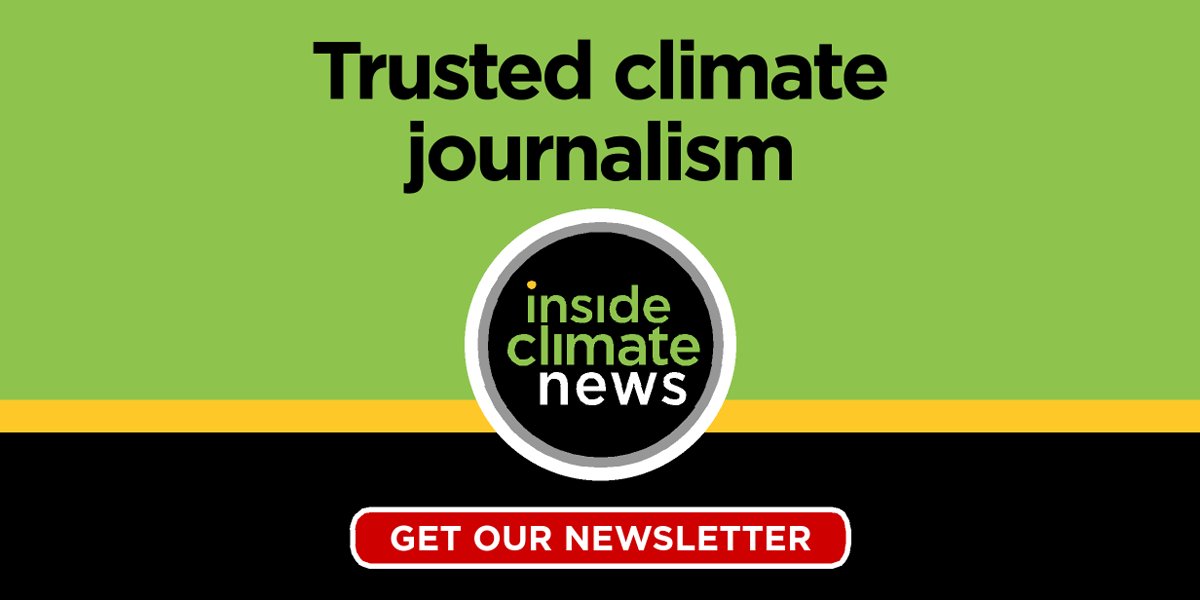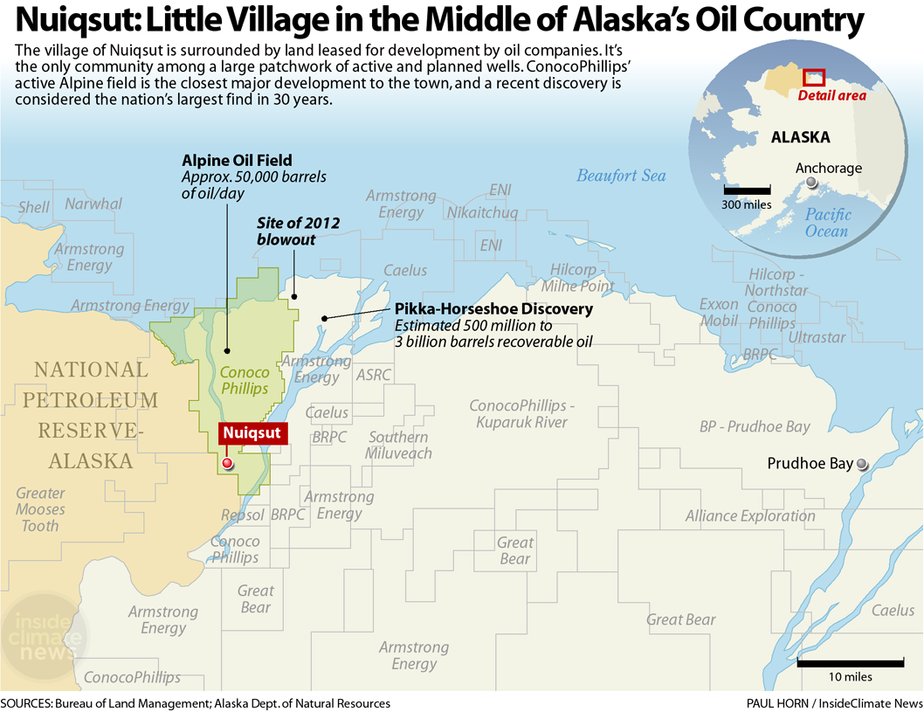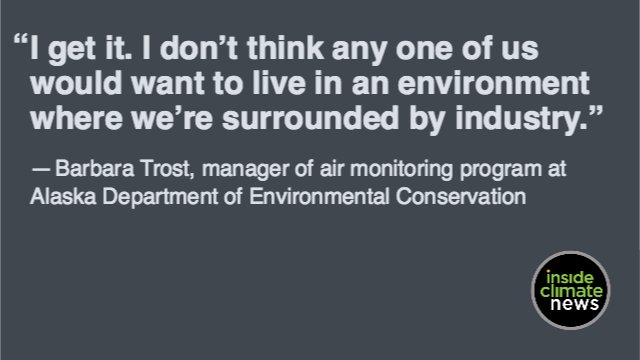You've read the historical reconstruction in the @NYTmag of the 1980s, the decade when the science was becoming clearer and there was some bipartisan political momentum to act.
There's more to this story.
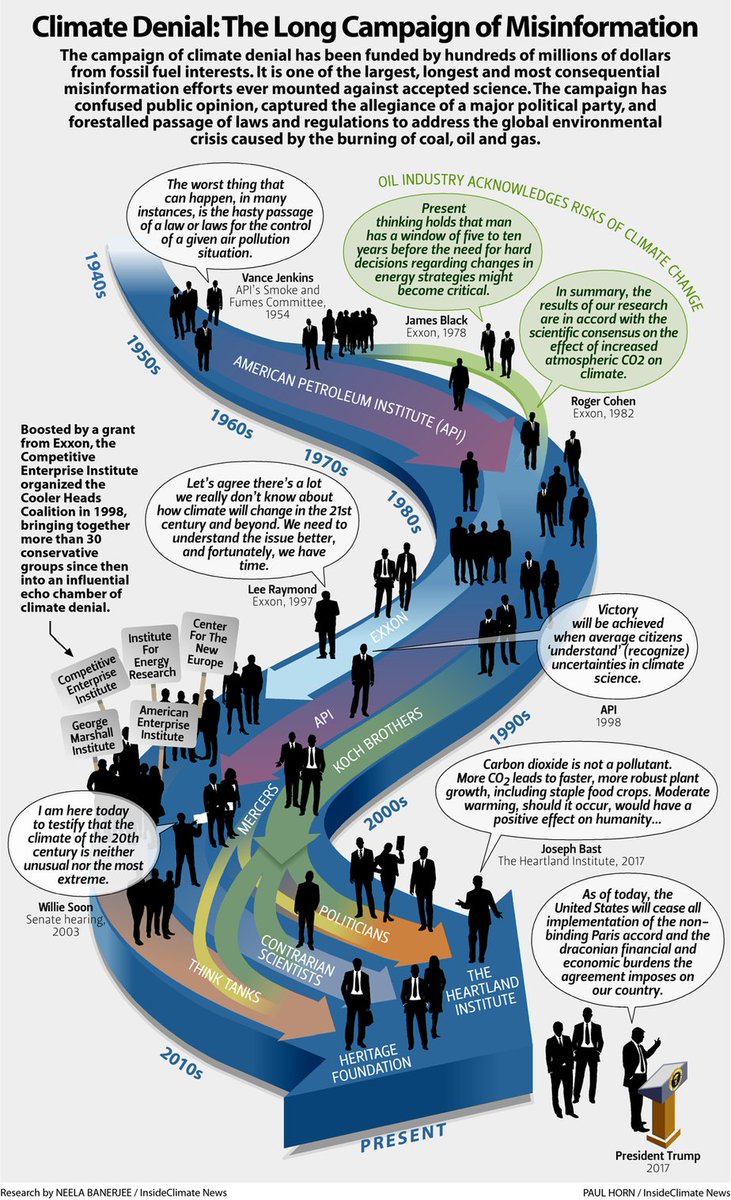
1) Once the serious threat of political action to control GHG emissions emerged, fossil fuel interests worked hard to undermine the scientific basis for urgent action, using tools like misinformation campaigns and campaign donations.
2) It worked.
We hope this is helpful.
Read about it here: insideclimatenews.org/news/05062016/…
Read them and our take here: insideclimatenews.org/news/13042016/…
Read the full document here: insideclimatenews.org/sites/default/…
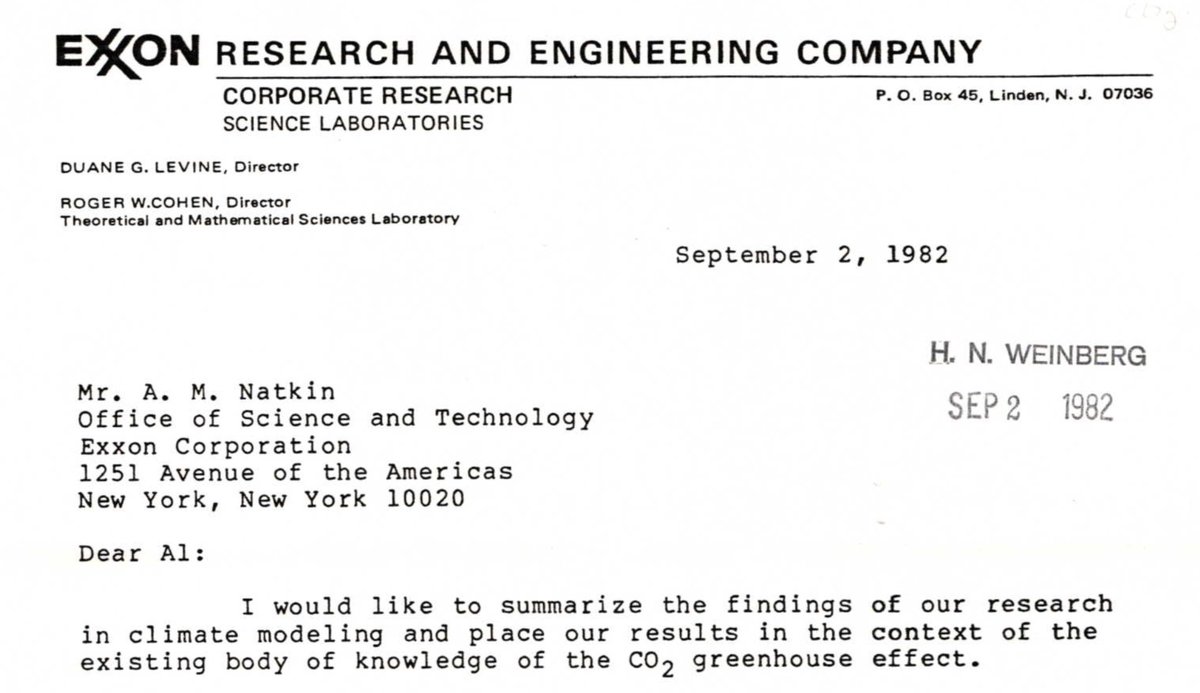
Read it here: insideclimatenews.org/content/Exxon-…
nytimes.com/1998/04/26/us/…
Read about it here: insideclimatenews.org/news/22102015/…
You can explore the document and money trail here: exxonsecrets.org/html/index.php and here: climatefiles.com
The following year, the presidential nominees of both political parties felt safe pledging to address the threat of climate change if elected.
Republican moderates in Congress who accepted climate science were eliminated.
This shift is a case study of the power of fossil fuel interests to shape government policy.
Read about it here: insideclimatenews.org/news/05122017/…
Just like the Republican upstarts that threaten the party establishment, conservative think tanks are taking climate denial farther than many fossil fuel companies can support.
Read about it here: insideclimatenews.org/news/22122017/…
Don’t miss our next big story. Sign up for our weekly newsletter: insideclimatenews.org/newsletter/icn…
